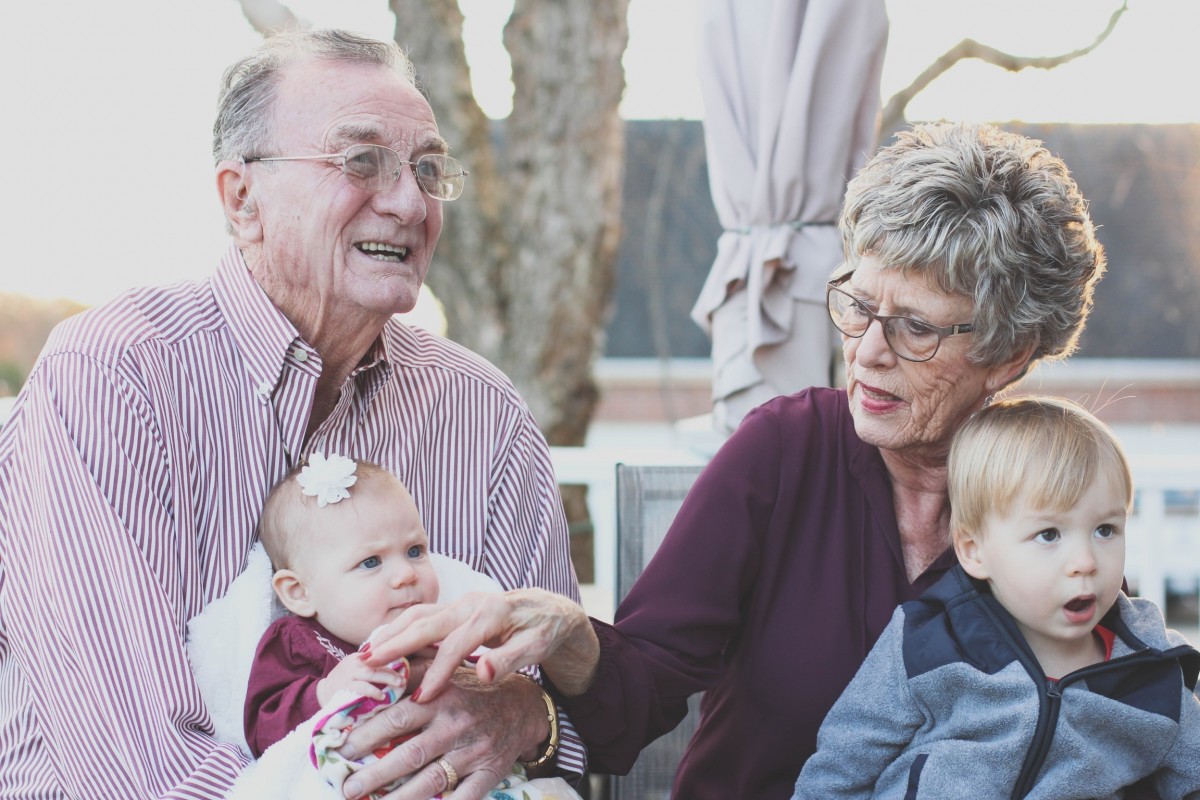BAGUIO CITY – The City Council approved on first reading a proposed ordinance that will mandate the local government to honor nonagenarians and centenarians of the city.
The ordinance authored by Councilor Joel Alangsab seeks to amend Ordinance No. 45, series of 2013 as amended by Ordinance No. 53, series of 2016.
Under the proposal, the new local legislative measure will be known as the Nonagenarians and Centenarians Awards Ordinance of the City of Baguio.
The ordinance stated that the awardees should possess the necessary requirements. Nonagenarians should have reached the age of 90 years and centenarians should have reached the age of 100 years at the time of the awarding, and the awardees should be personally present to receive their awards of recognition to be personally given by city officials in a fitting occasion.
However, if the nonagenarian or centenarian is not able to personally appear and receive his or her cash award due to exceptional circumstances, city officials concerned shall visit the place of residence of the awardee to personally give the award due him or her.
The ordinance stipulated that the Baguio nonagenarians and centenarians shall receive a cash award of P10,000 upon reaching the age of 90 and another P20,000 upon reaching the age of 100 and for the succeeding years of implementation, only those who turned 90 years old shall receive the cash award of P10,000.
For the initial implementation of the ordinance, Alangsab claimed that the funding of the benefits of the nonagenarians and centenarians shall come from the savings from the budget of the City Social Welfare and Development Office and succeeding funding assistance shall be incorporated in the annual budget of the same office.
Article 15, Section 4 of the 1987 Constitution provides that the family has the duty to care for its elderly members, but the State may also do so through just programs of social security.
The ordinance was proposed to honor and praise the great help and support that the elder generation have rendered not only to their family but also to the city and it also recognizes the vital values and contributions of the elders in the city as well as their immense self-discipline and healthy lifestyle and clean living practices.
Moreover, the proposed local legislative measure is one of the means to give back to the ones who have offered so much and dedicated their lives’ work not only for the benefit of their loved ones but also for the general welfare.
Based on data obtained from the World Health Organization (WHO), the average life expectancy of Filipinos as of 2015 is only 68.5 years old and persons who are able to reach the age of 90 and 100 are few, thus, due recognition of those who have gone beyond the average life expectancy is appropriate.
Ordinance No. 45, series of 2013 was passed to honor the centenarians of the city and the same was amended by Ordinance No. 53, series of 2016.
By Dexter A. See














